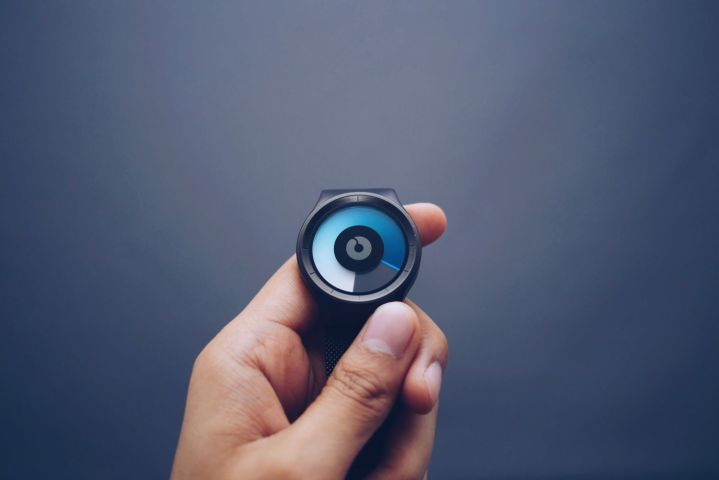
“Affective disorders, such as stress, depression and bipolar conditions, are estimated to be among the highest ranking causes of disease by 2020,” according to Lancaster University’s Professor Corina Sas. “The potential social impact of wearable health devices for these disorders is vast because emotional awareness and regulation are invaluable for daily functioning.”
More than 33 million people are diagnosed with either anxiety, depression or bipolar disorder, with annual healthcare costs going well beyond 100 billion Euros. To take on this social challenge, 15 early stage researchers will be working to develop low-cost wearable technologies that will help millions keep an eye on their mental health on a daily basis — without the need of health professionals.
“Our project marks a significant shift from current wearable technologies that capture emotional responses that then need interpreting by health professionals, to low-cost self-help technologies for visualising, exploring and regulating emotions that people may be able to use in their daily lives,” Sas added.
The ultimate goal here is to support self-understanding and for people to better practice emotion regulation strategies in their daily lives.
You can already find tech out there that will help you to better manage your mental health in your daily life. Take Moodnotes, for example. This is an app that allows users to record their feelings by adding a smiley or frowning face, among other expressions to match their mood. Moodnotes is an app that is based on the principles of cognitive behavioral therapy.
Last year, Instagram launched a new feature that helps to prevent suicide by anonymously reporting images users find troubling. The user will receive an automated message offering help and support. These reporting tools are actually extremely similar to those created by Facebook.


